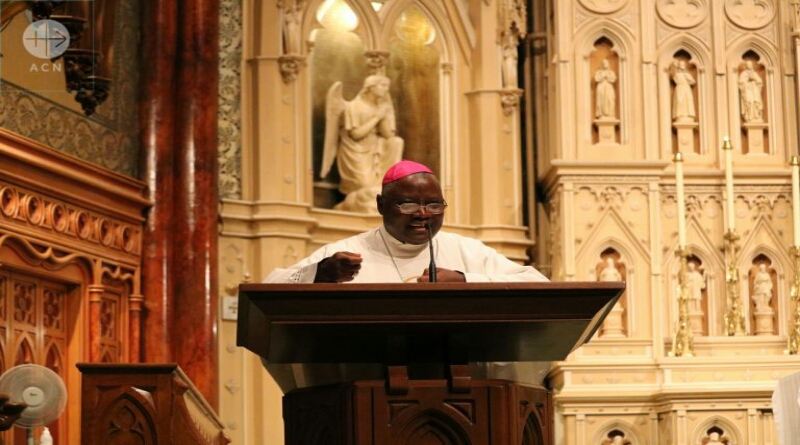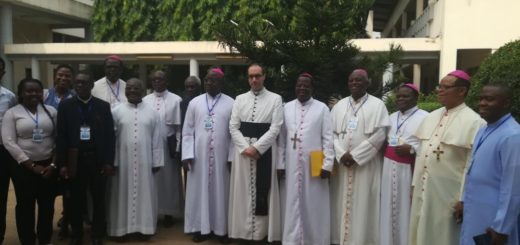SOCIAL IMPACT WORKSHOP, PRAIA, CAPE VERDE 29.01.18
SOCIAL IMPACT INVESTING – EXCERPTS OF REMARKS BY ARCHBISHOP IGNATIUS A. KAIGAMA, PRESIDENT OF RECOWA, AT A WORKSHOP FACILITATED BY CATHOLIC RELIEF SERVICES (CRS) IN PRAIA, CAPE VERDE, 29.01.2018.
Social investment is understood as the use of private capital often in connection with charitable capital and public capital to resolve large scale social problems. Investment in social enterprises under suitable conditions means that social services could be further supported by an income stream which offers profitable social measures for the poor and the investors
This kind of investment is relevant to the Catholic Church for two reasons.
I wish to draw our attention to the fact that about sixty five percent (65%) of our population is made up of the youth. Unfortunately, the majority of them are unemployed and therefore highly exposed to human trafficking, drug abuse, violence, forced migrations, etc. As long as they remain without jobs after their graduation from school and move about in our sub-region, they are easy preys to warlords and political criminals, who may recruit them for violent crimes and terrorism. There is an urgent need to reverse this trend by putting in place appropriate measures and incentives to create gainful employment opportunities for our youth. As a Church what should we do to address this problem and where do we find the means to do it ?
With today’s workshop we shall be presented with the opportunity to address some of the social problems our people are confronted with. This workshop will also equip us to not only be agents of evangelization but also agents of social and integral development.
The Church in Africa must initiate in the face of government inability to provide adequate social security for the people, economic activities that can help to address social problems while evangelizing. The Church cannot therefore continue to rely only on collections, bazaars, tithes or occasional donations.
Pope Paul VI said in Uganda in 1969: “You are your own missionaries“. If this has been realized at the spiritual and pastoral levels, we thank God ; but it must also become a reality at the level of our financial and material structures.
We must sustain our mission as genuine agents of evangelization but equally as agents of integral human development and so, there is the need to acquaint ourselves better with social investment principles, methodology and praxis.




